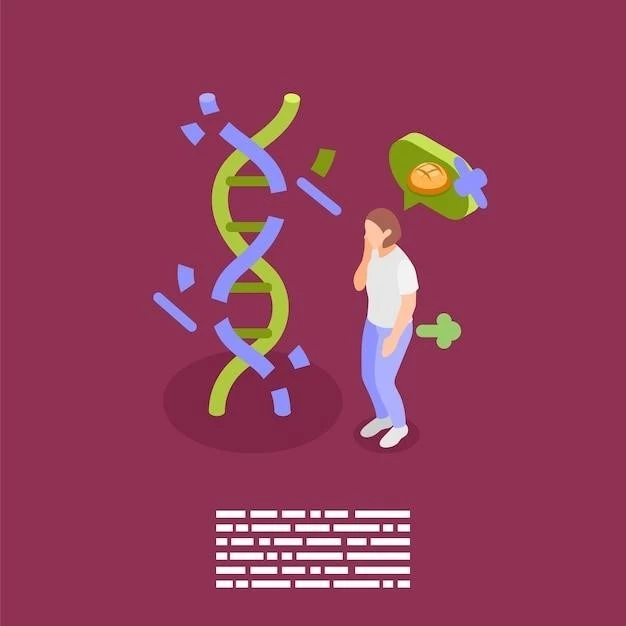An in-depth understanding of chromosomal abnormalities is crucial in unraveling the complexities of genetic disorders and disease development.
Introduction to Chromosomes and Genetic Disorders
Chromosomes, the structures that carry genetic information, play a fundamental role in the development and transmission of genetic disorders. Genetic disorders arise from abnormalities in the structure or number of chromosomes, leading to a wide range of health conditions. Understanding the intricate relationship between chromosomes and genetic disorders is paramount in the field of genetics and healthcare. This introductory knowledge forms the basis for exploring the impact of chromosomal abnormalities on human health and devising effective diagnostic and therapeutic strategies.
Explanation of the Link between Chromosomes and Genetic Diseases
Chromosomes serve as carriers of genetic information, and any alterations or mutations in their structure can lead to the development of genetic disorders. Changes in chromosome number or structure can result in abnormal gene expression, affecting various biological processes and leading to health conditions. Understanding this link is essential in diagnosing and treating genetic diseases. By studying the role of chromosomes in genetic disorders, researchers and healthcare professionals can gain insights into disease mechanisms and develop targeted interventions for improved patient outcomes.
Methods and Techniques for Chromosome Analysis in Diagnosing Diseases
Various methods like karyotyping, fluorescence in situ hybridization (FISH), and chromosomal microarray analysis are used to analyze chromosomes in diagnosing genetic disorders. These techniques provide valuable insights into chromosomal abnormalities, aiding in accurate disease diagnosis and personalized treatment planning. By employing sophisticated chromosome analysis methods, healthcare professionals can identify specific chromosomal mutations and understand their impact on health, ultimately improving patient care outcomes.
Effects of Chromosome Mutations on Human Health
Chromosome mutations can lead to a wide range of health effects, including developmental disorders, intellectual disabilities, and increased susceptibility to various diseases. These mutations may disrupt normal gene function, impacting critical biological processes and contributing to the pathogenesis of genetic disorders. Understanding the effects of chromosome mutations on human health is essential for targeted diagnosis and treatment strategies. By elucidating the consequences of chromosomal abnormalities, healthcare providers can provide personalized care and interventions to individuals affected by genetic diseases.

Overview of Chromosome Mapping Methods for Disease Research
Chromosome mapping techniques like linkage analysis, association studies, and next-generation sequencing are vital in investigating genetic diseases. These methods allow researchers to pinpoint chromosomal regions associated with specific conditions, providing crucial insights into disease mechanisms. By mapping chromosomes, scientists can identify disease-causing genes, understand inheritance patterns, and tailor therapies for improved patient outcomes. The systematic application of chromosome mapping methods enhances our understanding of genetic disorders and paves the way for targeted research and treatment advancements in the field of genomics.
Relationship between Chromosome Instability and Disease Progression
Chromosome instability can lead to the accumulation of genetic alterations that contribute to disease development and progression. Tumorigenesis and other disorders are often associated with chromosomal abnormalities, affecting cell functions and promoting abnormal growth. Understanding how chromosome instability influences disease progression is crucial for developing targeted therapies and interventions. By elucidating the intricate relationship between chromosome instability and disease development, researchers can pave the way for innovative treatment strategies and enhance patient care outcomes in various genetic conditions.
Treatment Approaches and Interventions for Chromosome-Associated Disorders
Therapeutic strategies for chromosome-associated disorders encompass a range of approaches including gene therapy, targeted medications, and personalized treatment plans based on chromosomal analysis results. By addressing the underlying chromosomal abnormalities, healthcare providers aim to alleviate symptoms, manage disease progression, and enhance quality of life for affected individuals. Collaborative efforts between geneticists, clinicians, and researchers play a crucial role in developing innovative interventions that target specific chromosomal mutations, offering hope for more effective treatments and improved outcomes in patients with chromosome-related disorders.
Emerging Trends and Research Directions in Understanding Chromosome-Linked Diseases
Ongoing research in chromosome-linked diseases focuses on novel diagnostic tools, targeted therapies, and preventive strategies. Advancements in genomic technology, such as CRISPR-Cas9 gene editing and high-throughput sequencing٫ offer new opportunities for studying chromosomal abnormalities. Collaborative efforts between scientists and healthcare professionals aim to uncover the underlying mechanisms of chromosome-associated disorders and develop innovative treatments. Future research directions also emphasize precision medicine approaches tailored to individual genetic profiles٫ ushering in a new era of personalized healthcare for patients with chromosomal abnormalities.
